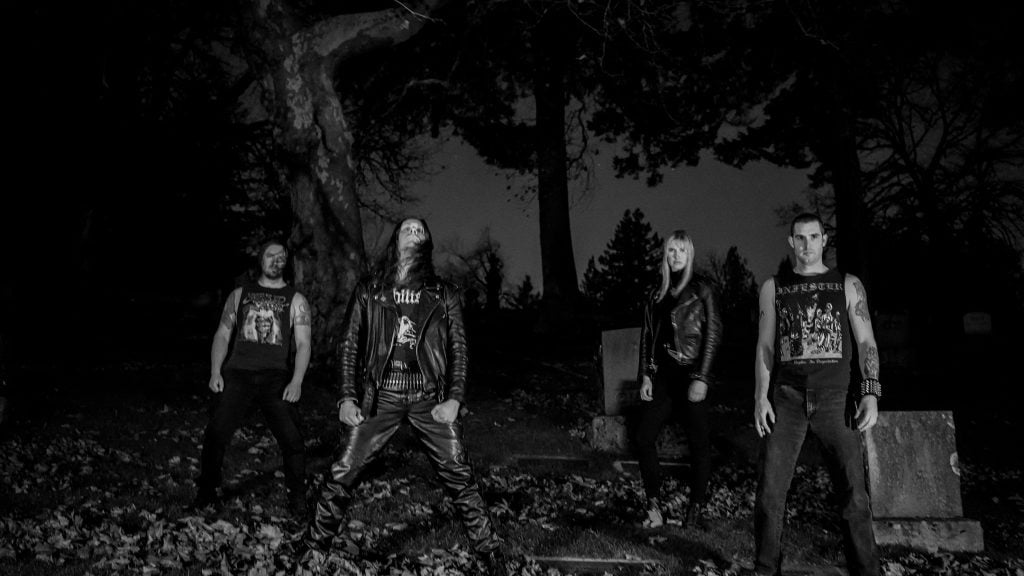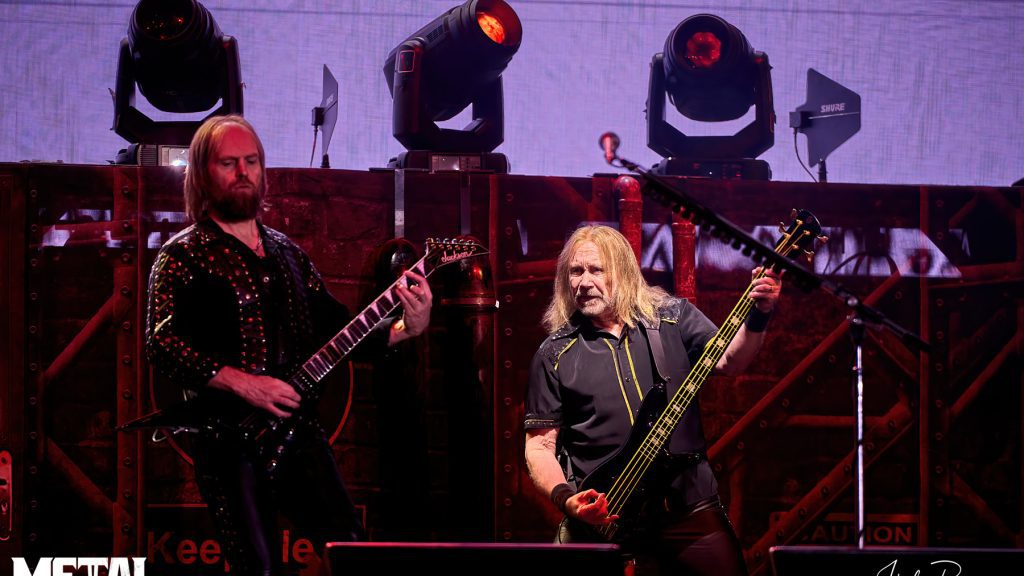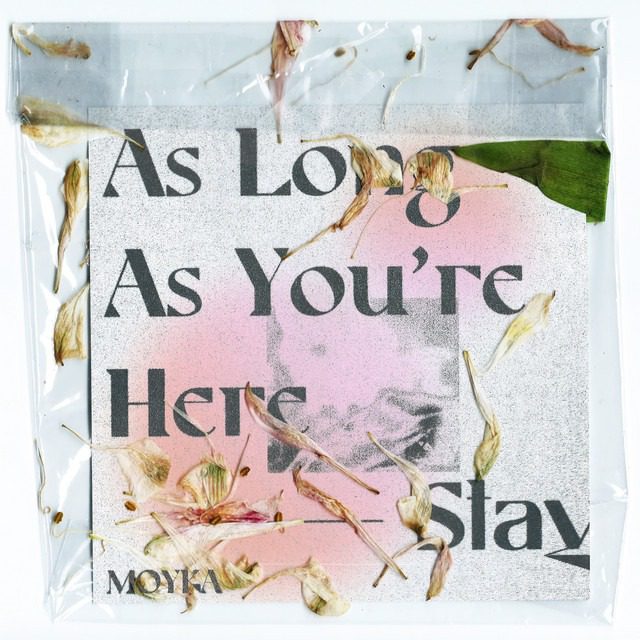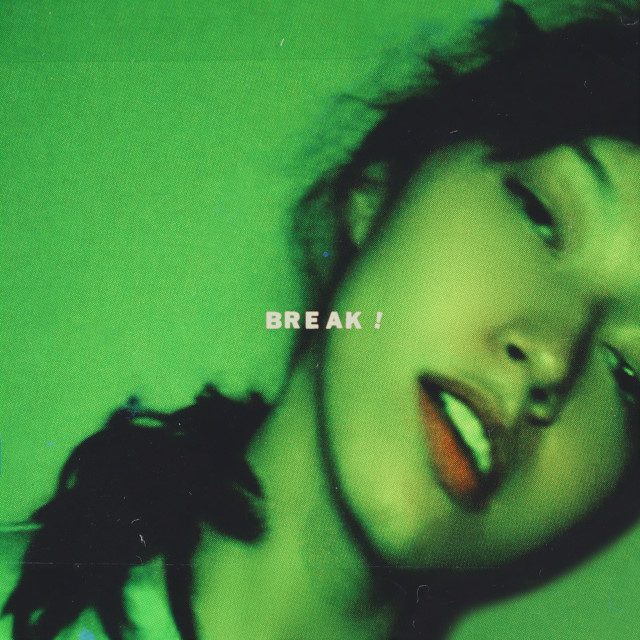
German goth pioneers Xmal Deutschland: ‘To British people I was like an alien’
Anja Huwe realised things were about to change for Xmal Deutschland in 1982, when they opened for Cocteau Twins. Up until then, the band had been a creative experiment concocted by five women in Hamburg’s small but productive punk scene. Now, embarking on a UK-wide tour and recently signed to 4AD, the experiment was starting to look like it could become a phenomenon.
“I wanted to be part of a band but not really the front person,” remembers vocalist Anja Huwe. “When we had our first gig with the Cocteau Twins, that was when I really realised: this could be something for me.”
The London audience may have been doing some mental gymnastics as well. Xmal Deutschland were not exactly the ethereal Cocteau Twins; their songs were dark, aggressive, fast and sung in German. “They were just looking at us, and didn’t know what to say, really,” Huwe recalls. “To them I was like an alien.”
An extraterrestrial quality seemed to follow Xmal Deutschland, who have an early singles collection out this month, throughout their career. The band commanded an image you wouldn’t easily forget: five women in all black (though lineup changes would bring Wolfgang Ellerbrock and Peter Bellendir into the group over the years)sporting studded bracelets and giant, teased hair in platinum blonde, black and neon pink. Huwe led the group with an arsenal of avant garde poses and expressions worthy of a silent movie star. Not exactly art punks nor new wavers, the band played a moody and rhythmic style that would make them pioneers of a then-unnamed genre: goth.
Other than guitarist Manuela Rickers, who had been in another band, Huwe, drummer Caro May, bassist Rita Simon and keyboardist Fiona Sangster started the band with zero experience. “We couldn’t hardly play,” Huwe says. “But we had boyfriends who had instruments, and who played in bands. So we thought, well that’s the DIY way, we can do this too.”
Huwe had seen the Clash and the Slits play London’s Lyceum in 1978, returned to Hamburg, chopped off her long blonde hair and started working in the local punk record shop, Rip Off. It was there that she met fellow Hamburg musicians Mona Mur and Mark Chung, who played in Mona’s band, as well as Abwärts and Einstürzende Neubauten. “We became friends instantly,” Mur recalls. “We had a solidarity for each other.”
They moved into a former magazine office: “Musicians from Einstürzende Neubauten, Christiane F, Mona lived there too, and some guys who ran the record shop,” says Huwe. “We were like a community.” Unlike the larger Berlin punk scene, Hamburg was smaller and tight-knit. “We hung out together, and we worked and communicated together in film and art – the so-called new wave.”
When Xmal Deutschland started in 1980, Simon was slated to be the singer. They went to record their first single, but she didn’t turn up. “Everyone looked at me, and said, ‘It’s your turn now,’” Huwe says. One early single, Incubus Succubus, stood out from the rest – with evil laughing, synthesised howls and Huwe’s dark chanting vocals, it was championed by John Peel on his radio show and became a cult post-punk classic.
The band was hanging out at Huwe’s apartment when Einstürzende Neubauten’s Alexander Hacke popped his head in. “You sound so British,” Huwe recalls him saying of the band. “Why don’t you just go get a record deal in Britain? There’s a record label called 4AD, you should get in contact with them.”
They travelled to London and were duly signed, and found that the city’s punk scene was vastly different from their Hamburg microcosm. “[West] Germany in those days was a very rich country,” Huwe says. “But Britain was different, it was pretty run down. The musicians that I knew in London all came from the north, like Leeds, Manchester, Scotland. They just left because it was poor.” Huwe says they didn’t have much money in Germany, they could buy food and clothes, and go out – and make music free from commercial considerations. “British bands were desperate to get out of the situation. So they were much more driven by writing music where they can at least make some money.”
Two well-received albums with 4AD followed: 1983’s Fetisch and 1984’s Tocsin. Both albums showcased a more refined, dark and haunting sound, and Tocsin included a re-recording of Incubus Succubus that became a staple on the dancefloor of London goth club Bat Cave. Not that they ever went there. “We didn’t see ourselves as goths,” Huwe says. “We liked this dark-ish music – we were very into Psychedelic Furs, Bauhaus, the Cure – but goth came up a bit later. Then again, Fiona, who is Scottish and the youngest, had these little bats everywhere, wore black and looked like a ghost. Black and blue hair. To me she was like the very first goth.”
While Huwe knows Xmal Deutschland has been associated with the subculture over the years, she doesn’t feel much affinity today. “The whole thing these days is very different,” she says. “It’s very commercial, especially in Germany. You have these big events and thousands of people going; it’s a money machine really.”
The band left 4AD after Tocsin, deciding to look for a major label. Viva came out on Phonogram in 1987, and despite a tour with the Stranglers, the band never gained the momentum of other groups with a similar – albeit poppier – sound. “The competition was getting bigger,” Huwe says. “On Phonogram, we had the Mission with us and All About Eve, and all the same A&R guys. And they were charting – we didn’t.”
Their final album, Devils, was released in 1989 and the band officially ended the following year. Huwe says their strong personalities may have inhibited wider success. “We didn’t listen to anyone ever, we were just happy with ourselves,” she says. “We just made it for fun. We came to a point where we would have needed someone to say, ‘This is a job, guys. And lots of people depend on you, so please, listen to us.’ But no one was there.”
In the 90s, Huwe stepped away from music to work in broadcasting and visual art. It wasn’t until 2020 that inspiration struck again after a fan requested she add vocals to an original track. Huwe liked the song and gave it a go, sending the result to her old friend Mur for a second opinion. It was the catalyst for an entire album. “Anja is a person who has to be absolutely 110% convinced and inspired by what she is doing, and this is the same with me,” Mur says. The album, entitled Codes, is now Huwe’s first release as a solo artist. Tonally dark, it’s a far more industrial and synth-laden effort than Xmal Deutschland’s (although Rickers is featured on guitar).
Huwe recalls the cynics who assumed Xmal Deutschland got a deal in London because they were an all-female group. She admits “it was unique. But to us it was pretty natural, we were all friends, we didn’t care. Of course, there were always guys saying things like, ‘Let’s see how they can really play …’ But we thought, we’ll just give it a go, be loud and aggressive. We’ll show them.”




